Zoe Kampouri, Managing Director of ReSight, discusses the opportunities that arise for businesses to enhance their competitiveness through energy efficiency in an interview with Forbes Greece. Ms. Kampouri highlights the importance of developing an ESG strategy for a business and outlines the challenges a company faces when trying to adopt ESG principles.
Tell us a little about ReSight
ReSight is a consulting company that, with extensive experience, expertise, and a range of certifications in the fields of Energy and the Environment, transforms European and national climate change commitments into opportunities for businesses to understand their impact, better manage their performance, be more efficient and effective, and ultimately maximize their profits in the most sustainable way. The company provides comprehensive consulting services in the areas of Energy Audits, development and support of Energy Management Systems, development of RES projects, Carbon Footprint Assessment and Sustainability Reports.
What do you think is the importance of energy efficiency for businesses and how can it be improved?
I would say that energy efficiency is now a one-way street for businesses that want to enhance their competitiveness and longevity. In addition to the obvious benefits associated with reducing energy costs and reducing the environmental footprint, very often achieving high energy efficiency is part of corporate social responsibility and ESG commitments.
Moreover, we have in force since October 2023 the new EU energy efficiency directive, which includes, among other things, the obligation to carry out an energy audit on businesses with an annual energy consumption of over 2.8 GWh. And I answer at this point how the energy efficiency of a business can be improved.
There are two essential tools that a business has at its disposal. Firstly, the carrying out of an Energy Audit by a certified Energy Auditor and, secondly, the implementation and application of an Energy Management System in accordance with the ISO 50001:2018 standard. Both are important tools that will help the business to understand its energy footprint, i.e. what it consumes, when it consumes it and why it consumes it. It can then design and implement actions that will reduce or even eliminate it.
How can policy contribute to the promotion of sustainable energy solutions and enhance the competitiveness of Greek businesses?
In a crucial and substantial way. Firstly, by creating legislative frameworks that promote the use of renewable energy sources and energy efficiency. These frameworks can include tax incentives and regulatory standards. Secondly, by providing financial incentives, such as subsidies and grants, especially to energy-intensive businesses where energy costs account for a large proportion of the cost of the final product.
Finally, by promoting international collaborations for the exchange of best practices and the development of common standards in the energy sector. Steps are already being taken in these directions by the State, however, cooperation is needed between the competent bodies and the business community and energy consultants in order to be more effective.
You mentioned ESG goals. What is the importance of developing an ESG strategy for a business?
Developing an ESG strategy allows businesses to adapt to environmental changes and create sustainable business models that reduce risks and create value for the future. In addition to that, and I will talk again about commitments, ESG reporting is starting to move beyond the voluntary and becoming mandatory for certain categories of businesses. On 31 July 2023, the European Commission adopted the delegated act for the first set of European Sustainability Reporting Standards (ESRS). By 2025, therefore, large companies with more than 500 employees that are already subject to the Non-Financial Reporting Directive (NFRD) will have to publish reports in accordance with the new ESRS standards, followed by large companies that were not previously subject to the NFRD in 2026. Finally, small and medium-sized enterprises (SMEs) will have to submit their first sustainability statements by 2027. We can see, therefore, that there are many commitments coming up, which is why businesses need to prepare early on so that they are ready for the sustainability journey that is about to begin.
What is the most difficult challenge a company faces when trying to adopt ESG principles?
The most difficult challenge is integrating ESG principles into all levels of the business and changing the business culture to reflect these values. A holistic approach and a double materiality perspective are required, so that the business first of all realizes what is important for it and for its environment. Some of the most difficult challenges also include changes in the behaviors and practices of employees and the company’s management, the need to reorganize processes or even change the company’s policy and strategy. However, all of this should not scare businesses, the sustainability consultant is the guide throughout the sustainability journey, who with their deep knowledge and guidance will effectively support the business in achieving its goals.


